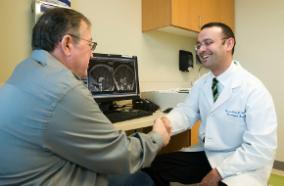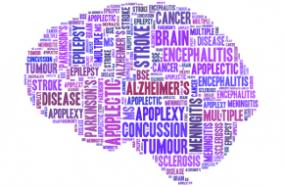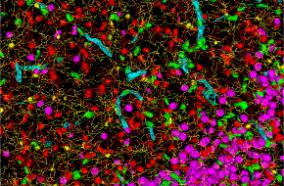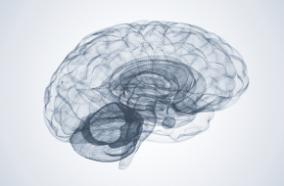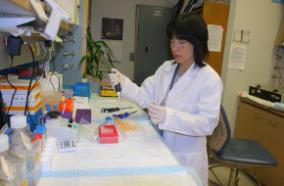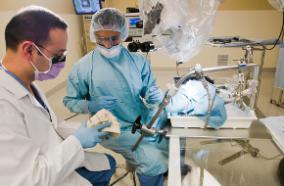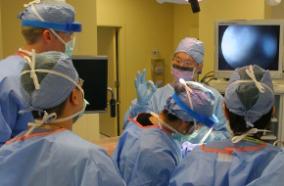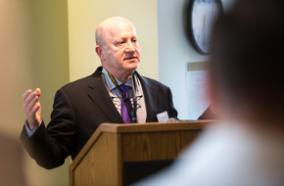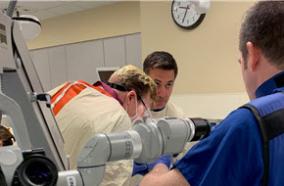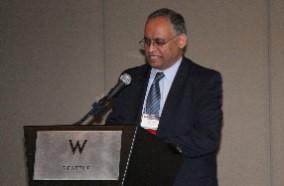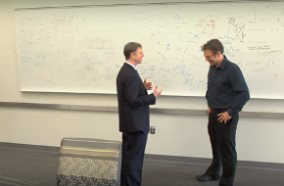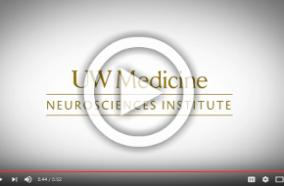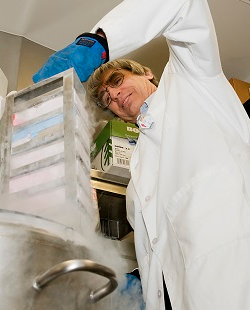
I have a long-standing interest in DNA-repair-mediated resistance to alkylating agents and radiation in human brain tumors, and have directed a number of translationally relevant projects that investigate strategies to circumvent resistance. I have broad training and experience in DNA repair, radiobiology and DNA replication, and a long history of directing NIH- and foundation-funded grants key research areas for our proposal.
I maintain long-term collaborations with faculty at UW and other institutions who provide critical reagents and experimental expertise. To maintain clinical relevance, I attend the weekly neuro-oncology tumor board and interact with the physicians in my department.
I am the principal investigator of the Neuro-Oncolgy Tissue Bank and am responsible for the storage of specimens and the collection of relevant clinical data.
Dr. Silber's research interests focus on DNA repair-mediated mechanisms of brain tumor resistance to radiation and drugs. His research focuses on the contribution of DNA repair mechanisms to the drug and radiation resistance of human gliomas. With evidence that one repair enzyme, apurinic endonuclease, is predictive of time to tumor progression after radiation or alkylating agent chemotherapy, the effect of pharmacologically inhibiting this enzyme is being evaluated. His research has received support from multiple NIH grants.
Doctorate of Philosophy
University of Florida
Post-doctoral Studies
University of Washington
- Bobola MS, Kolstoe DD, Blank A, Silber JR (2010) Minimally cytotoxic doses of temozolomide produce radiosensitization in human glioblastoma cells regardless of MGMT expression. In press, Molecular Cancer Therapeutics.
- Bobola MS, Blank A, Berger MS, Silber JR (2007) O6-methylguanine-DNA methyltransferase deficiency in developing brain and risk for brain tumors. DNA Repair 6: 1127-1133.
- Bobola MS, Finn LS, Ellenbogen, RG Geyer, JR, Berger, MS, Braga, JM, Meade, EH, Gross, ME, Silber, JR. (2005) Apurinic endonuclease activity is inversely associated with time to tumor progression after adjuvant radiotherapy and chemotherapy in pediatric medulloblastoma and primitive neuroectodermal tumors. Clin Cancer Res 11: 7405-7414.
- Bobola MS, Emond, MJ, Blank A, Meade EH, Kolstoe DD, Berger MS, Rostomily RC, Silbergeld DL, Spence, AM, Silber JR (2004) Apurinic endonuclease activity in adult gliomas and time to tumor progression after alkylating agent-based chemotherapy and after radiotherapy. Clin Cancer Res 10: 7875-7883, 2004.
- Blank A, Bobola MS, Gold B, Varadarajan S, Kolstoe D, Meade EH, Rabinovitch PS, Loeb LA, Silber JR (2004) The Werner syndrome protein confers resistance to the DNA lesions N3-methyladenine and O6-methylguanine: implications for WRN function. DNA Repair 3: 629-638.

